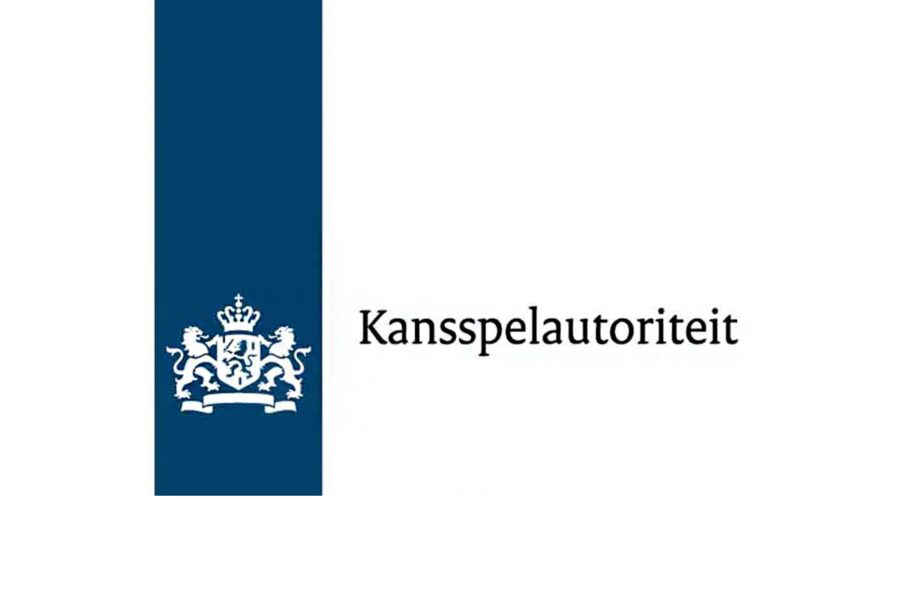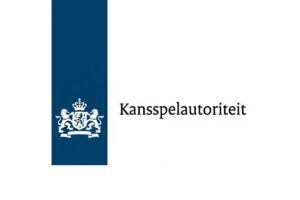KSA inundated with inquiries about Dutch gambling advertising ban

The Dutch regulator says it cannot yet provide detailed guidance on the imminent advertising ban.
The Netherlands.- With the Dutch ban on gambling advertising to come into force in just weeks, the industry is keen to have a clearer picture of how it will be enforced. However, the country’s gambling regulator says it can provide limited guidance at the moment.
René Jansen, chairman of Kansspelautoriteit (KSA), told operators at the Gaming in Holland conference that the regulator had received lots of questions from the industry.
“What will enforcement be like?”, he said. “How can operators do it right the first time, while not having experience with the restrictions yet? In other words, I hear calls from the sector for ‘guidance’ by the KSA.”
He said he understood that there were concerns the ban could have a negative impact on channelisation or could represent more administrative work for operators or unexpected fines.
However, Jansen said: “I feel the need to manage expectations a little in that respect. We are only able to provide the requested ‘guidance’ to a limited extent. Various parts of the new ban are a new and uncharted area for us as well. Like the industry, we will have to find our way in this.”
He did clarify that the KSA had no plans to implement new enforcement actions without carrying out more information gathering first. He said the regulator will need some time to observe how the rules operate in practice before it can share insights with operators. In the meantime, it’s the operator’s responsibility, he said.
He said: “Licensed operators are at all times the ones responsible for compliance with the regulations, including new rules. ‘Leaning back’ and waiting for further explanations from the regulator should never be the intention.”
Jansen recommended that when in doubt, operators should act conservatively and hold back on advertising.
“My most important guidance – and appeal – for today is an old traffic safety advice: when in doubt, don’t pass,” he said.
“My most important appeal at this point in time: find a way, but don’t seek the boundaries. Public confidence in the gambling industry is low and fragile. Operators, therefore, have to show that they are committed to a fair and safe market with player protection as an important standard.”
Dutch gambling data regulations
Jansen also issued a warning about data vaults, saying that operators would be expected to up their game when it comes to maintaining robust data protection. He said operators had been given enough time to improve their handling of data and that the KSA would become more strict.
He said: “We understand that providing ‘near real-time’ data in the right format involves technical challenges, but as far as we are concerned there has been enough time to tackle those challenges. That means that if required, we are prepared to proceed to the suspension or complete revocation of licences if need be. That is a rigorous and last resort step, which we are prepared to make if necessary.”
This month the KSA made recommendations for several changes to Dutch gambling legislation in a letter to Fran Weerwind, the Netherlands’ minister for legal protection. The KSA said it was submitting recommendations ahead of next year’s planned review of the Remote Gambling Act (ROA) because it believed them to be too important to wait.
Its most urgent ask is for the law to be changed to allow it to create fake identities to monitor whether operators are complying with gambling regulations.
Currently, only Holland’s National Office for Identity Data can create false IDs for the purposes of surveillance. The KSA says it needs to be allowed to do the same in order to monitor online gambling more efficiently and effectively.











